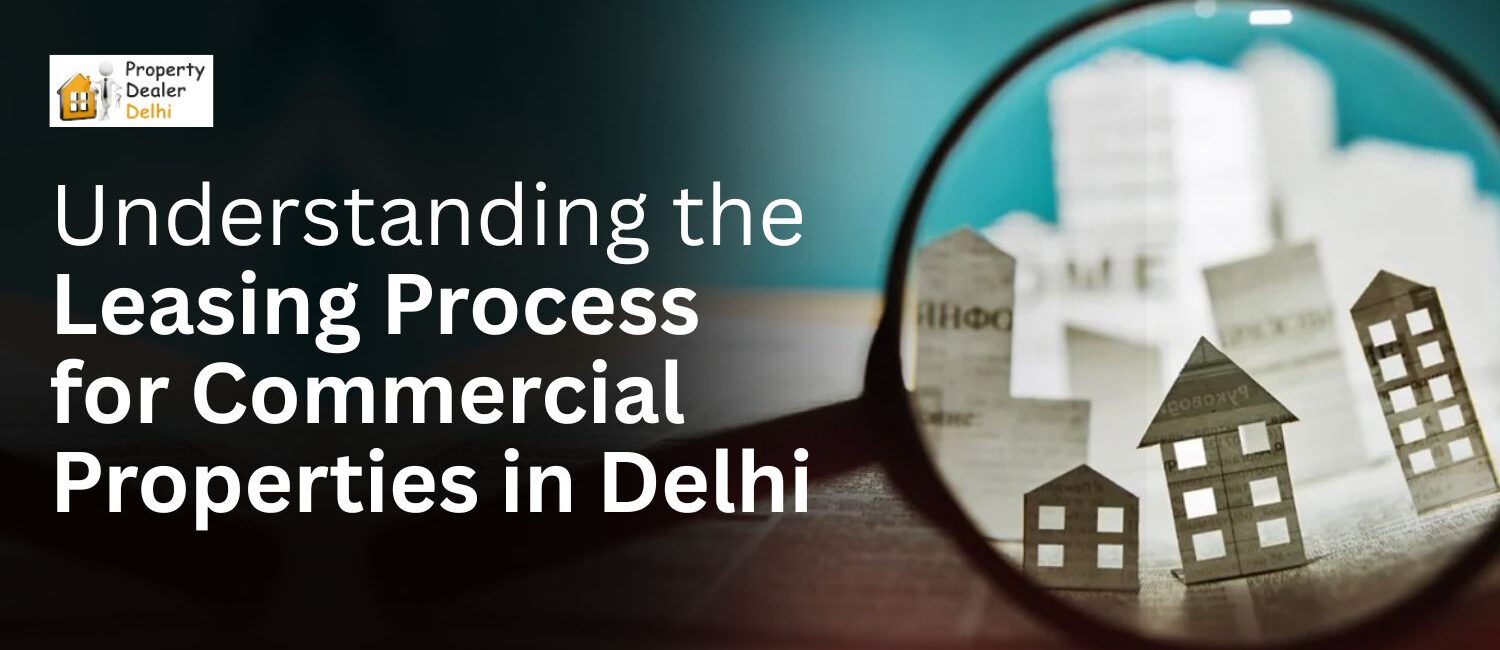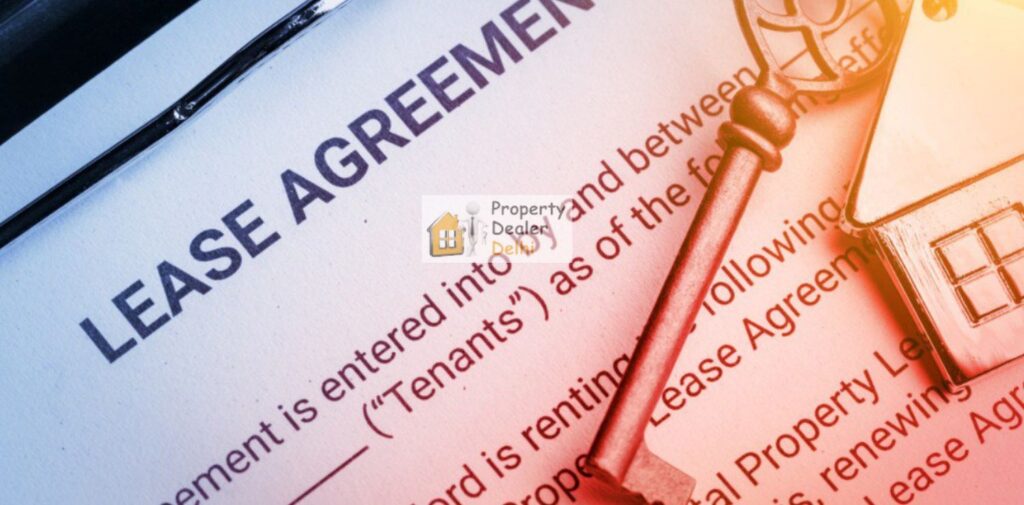
Leasing a commercial properties in Delhi can be an exciting yet challenging process. Whether you’re a business owner looking for a new location or an investor seeking to rent out a property, understanding the steps involved in leasing is crucial. This guide will walk you through the leasing process for commercial properties in Delhi, making it easier to navigate the market and make informed decisions.
Initial Considerations: Identifying Your Requirements
Before you begin the leasing process, it’s important to identify your needs. Ask yourself questions like: What kind of property do I need? Is it for retail, office space, or industrial use? How much space do I require? What is my budget? The answers to these questions will help you narrow down the search and focus on properties that meet your specific requirements.
In Delhi, the commercial real estate market is vast, with options ranging from small office spaces in bustling business districts like Connaught Place, to large warehouse spaces on the outskirts of the city. You’ll need to decide on factors like location, accessibility, proximity to customers, and the kind of neighborhood that aligns with your business needs.

Finding the Right Property and Negotiating Terms
Once you’ve identified your requirements, it’s time to search for available properties. This can be done through real estate agents, property listing websites, or through word of mouth. Real estate agents are particularly useful as they are well-versed in market trends, available properties, and the leasing process in Delhi.
When you find a property that meets your needs, the next step is to negotiate the lease terms. This is a crucial part of the process, and you should be clear on certain points. The rent amount is obviously a top priority, but there are other factors to consider as well. For example, will the rent increase annually? What is included in the rent (such as maintenance or parking)? What are the conditions for renewing or terminating the lease?
Both the landlord and the tenant must come to an agreement on these terms. It’s important to understand that lease terms in Delhi can vary widely depending on the type of property and location. Be sure to discuss all aspects of the lease in detail to avoid any surprises later.
Drafting the Lease Agreement
Once you have agreed on the terms with the landlord, the next step is drafting the lease agreement. This is a legally binding document that outlines the rights and responsibilities of both parties. The lease agreement will include details such as the duration of the lease, rent payment schedule, security deposit, and maintenance responsibilities.
In Delhi, lease agreements for commercial properties are typically signed for a period of 11 months, with an option for renewal. This is a standard practice to avoid the need for stamp duty, which is applicable to leases longer than 11 months. However, even for shorter durations, it’s important to ensure that the agreement is clear, comprehensive, and legally sound.
You may want to have a legal expert review the lease before signing it. This ensures that there are no hidden clauses or unreasonable terms that could affect your business operations in the future.

Key Considerations During the Lease Period
Once the lease agreement is signed and you move into your new commercial space, it’s important to keep track of the terms and responsibilities outlined in the contract. For instance, make sure that you pay your rent on time, maintain the property according to the agreed-upon terms, and address any maintenance issues promptly.
In Delhi, the responsibility for maintenance can vary. In some cases, the tenant may be responsible for minor repairs, while the landlord handles major issues. Be sure to clarify this in the lease agreement. Additionally, keep a record of all communication with the landlord, as this can help resolve any disputes that may arise during the lease period.
As your business grows, you may want to consider renewing the lease or negotiating for a better location. If you decide to vacate the property before the lease term ends, make sure you follow the process outlined in the agreement. This may include providing notice in advance and ensuring that the property is in good condition when you leave.
Conclusion: Leasing Process for Commercial Properties in Delhi
Leasing a commercial property in Delhi requires careful consideration and attention to detail. From identifying your requirements and negotiating the right terms to drafting a solid lease agreement and managing the property during the lease period, each step plays a crucial role in ensuring a smooth leasing experience. By understanding the leasing process, you can make informed decisions that support your business’s growth while protecting your interests. Whether you’re leasing for the first time or renewing an existing lease, taking the time to understand the process can help you avoid pitfalls and create a successful partnership with your landlord.

